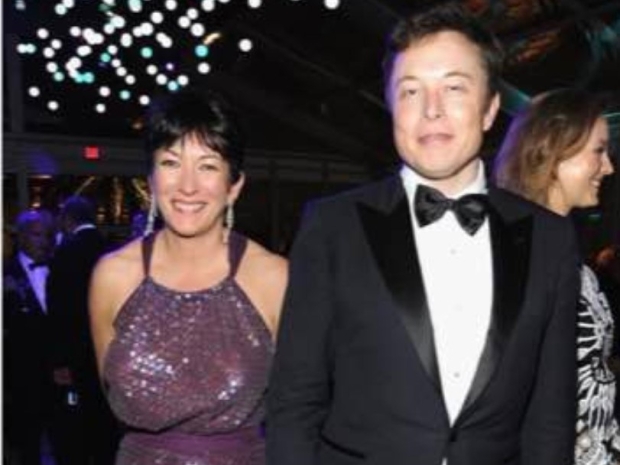The new Starlink satellites have an intelligent modem that works as a phone mast in space, getting rid of dead spots in the network, the firm said.
As well as T-Mobile in the US, several firms in other countries have signed up to use the phone satellites. SpaceX said the other firms are Rogers in Canada, KDDI in Japan, Optus in Australia, One NZ in New Zealand, Salt in Switzerland, and Entel in Chile and Peru.
While SpaceX boss Elon Musk said that the satellites will "let you phone from anywhere on Earth," he also said there is a big limit on speed.
"Note, this only gives 7Mb per beam and the beams are very big, so while this is a great fix for places with no phone signal, it is not much good against normal phone networks," Musk said.
Last year also proved that coverage depends on whether Musk agrees with your country's foreign policy -- such as if he is scared that Russia will nuke the West unless it is allowed to invade who it likes.
Starlink's phone website says the service will give you texting only when it starts in 2024, with voice and data starting sometime in 2025.
Starlink's low Earth orbit satellites will work with normal LTE phones, unlike old services that needed special phones for satellite use. SpaceX's phone satellites will link with Internet of Things (IoT) things in 2025, the firm says.

